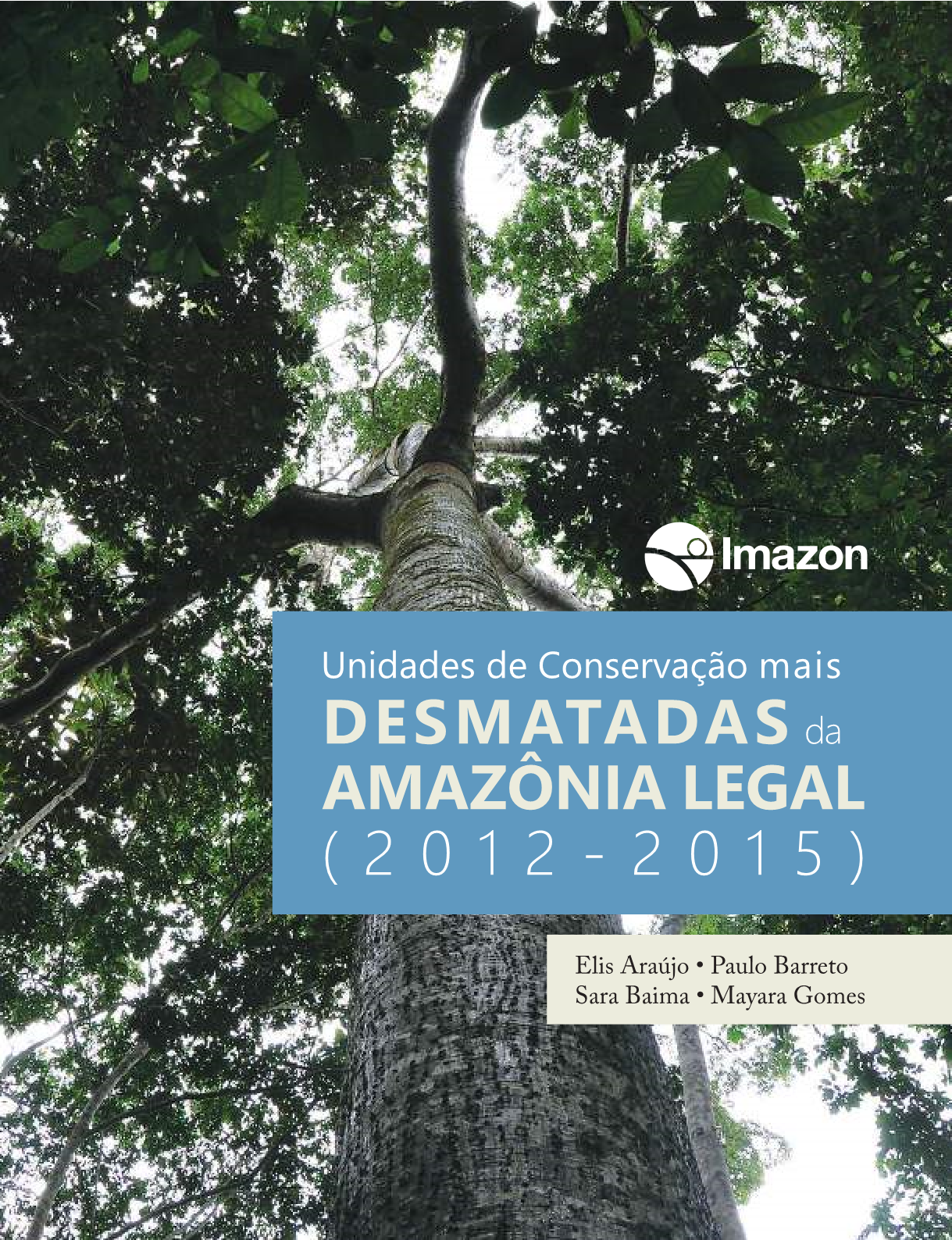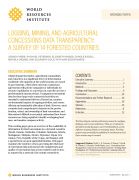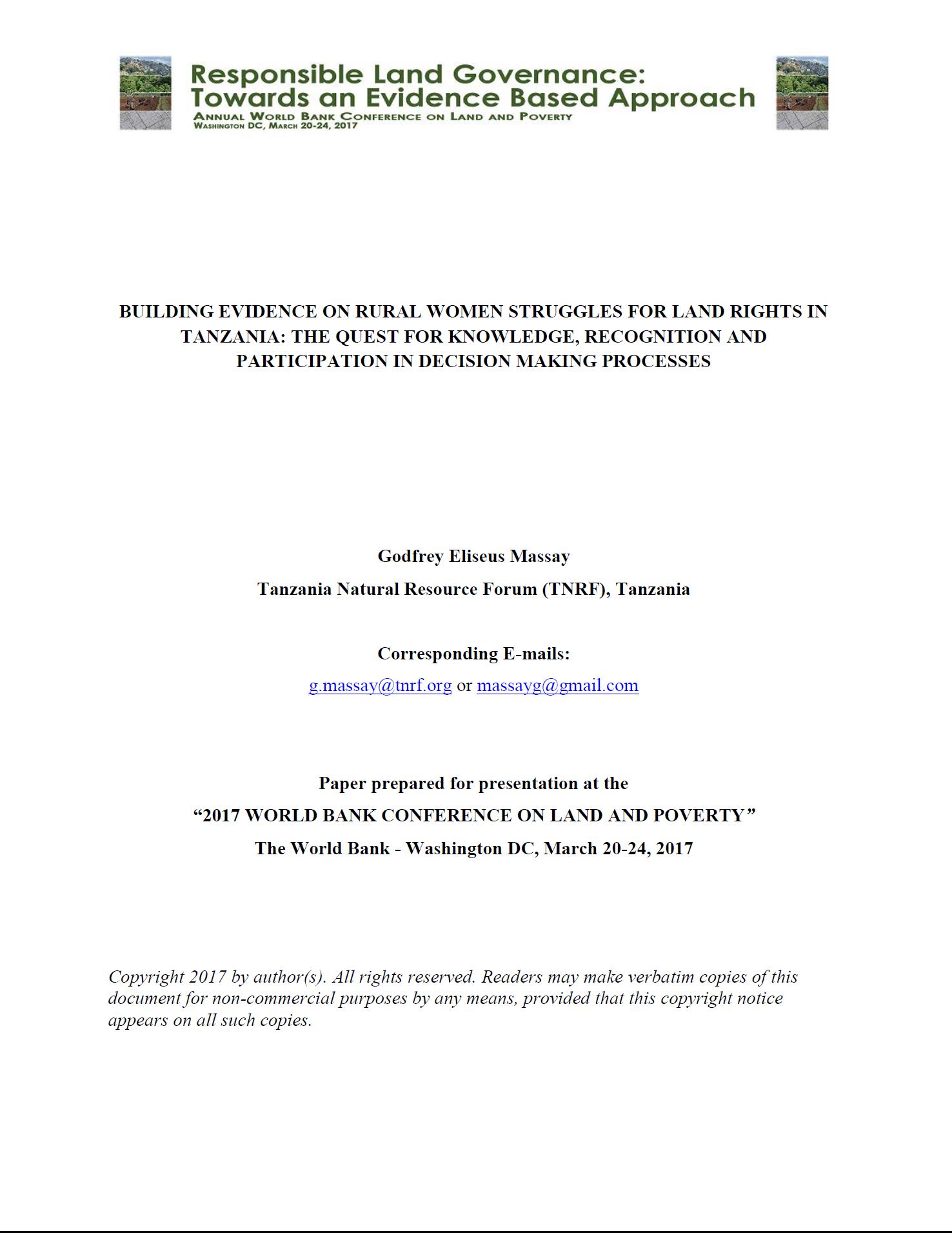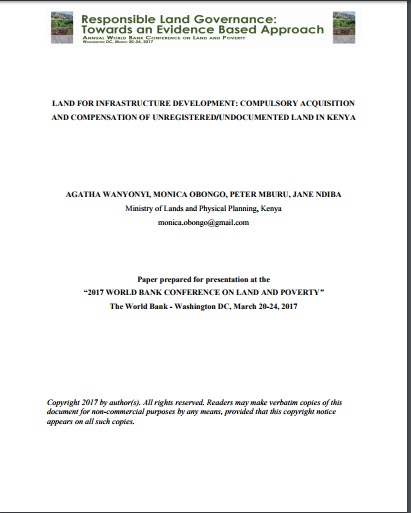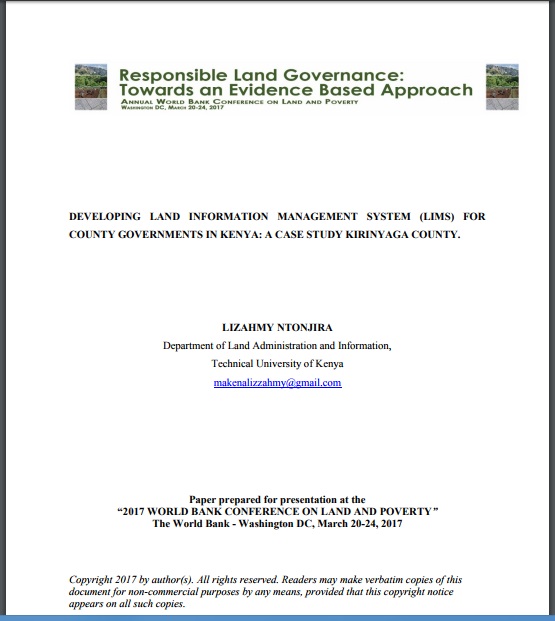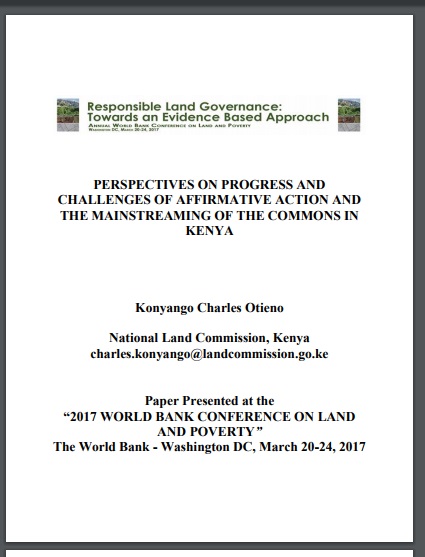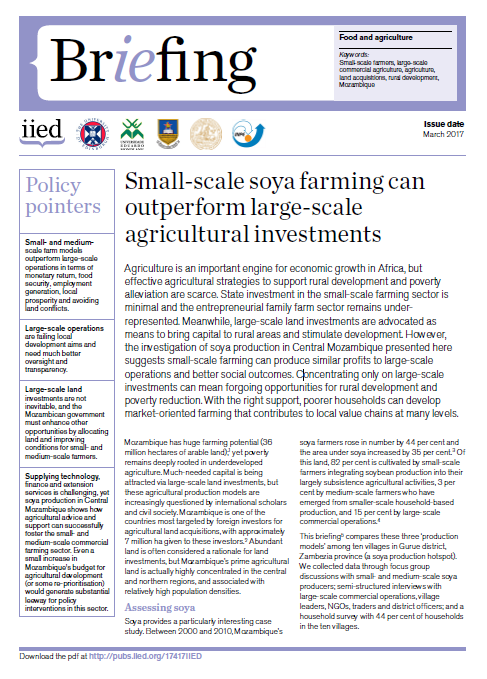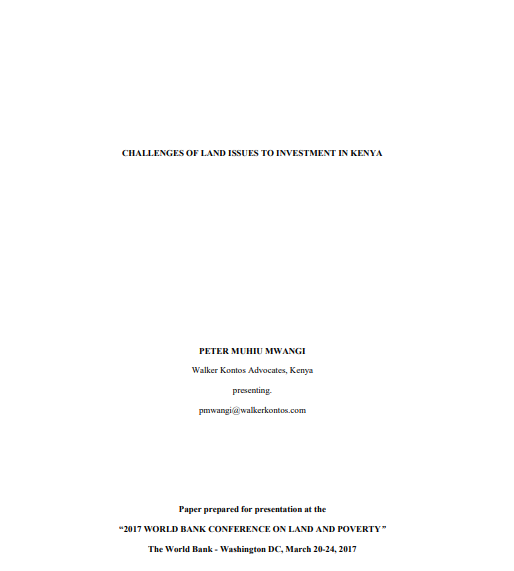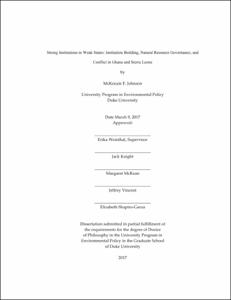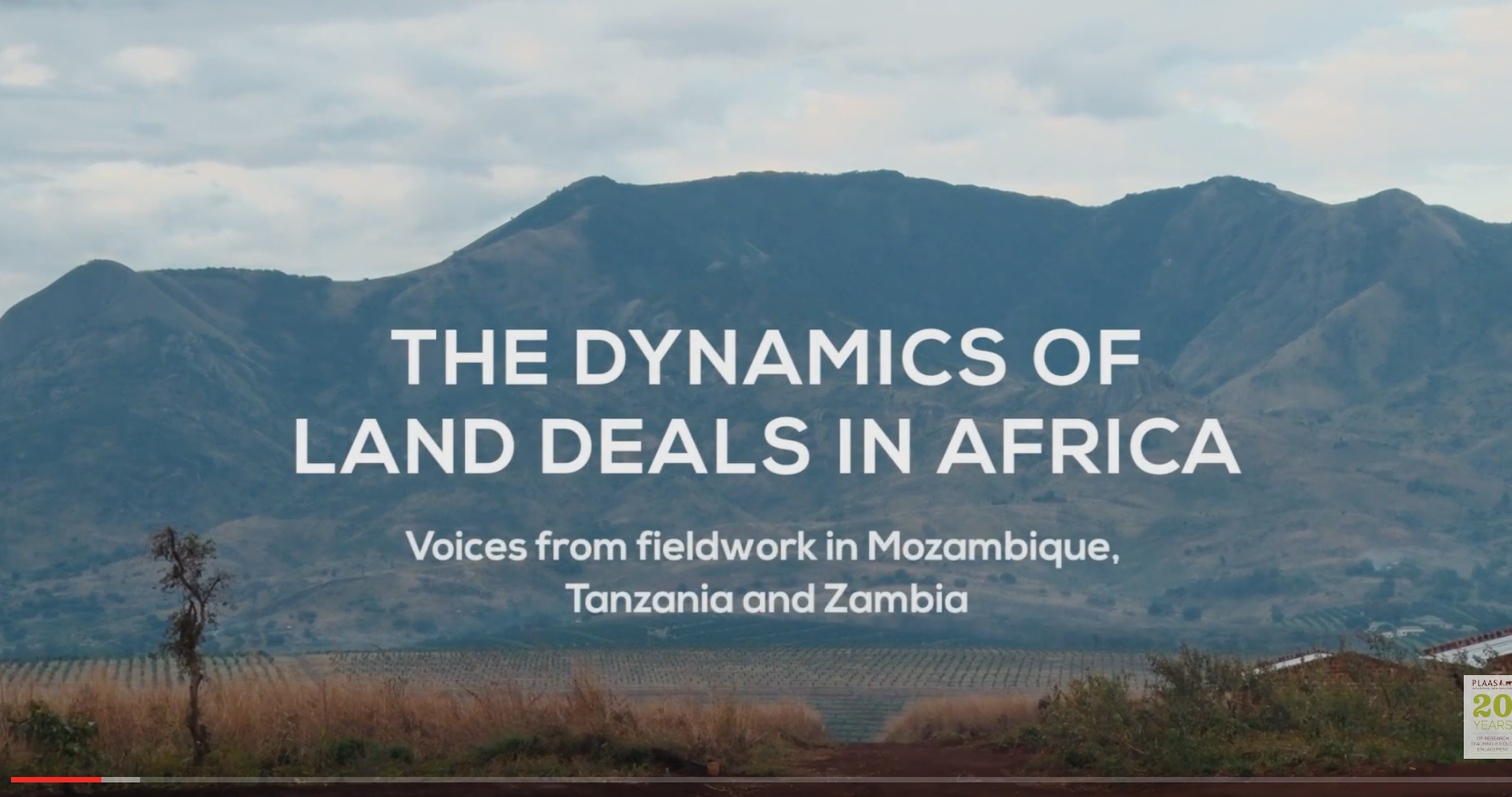Unidades de Conservação mais desmatadas da Amazônia legal (2012-2015)
As Unidades de Conservação cobrem 22% da Amazônia Legal e são uma estratégia eficaz para conservar animais, plantas e serviços ambientais, conter o desmatamento e manter o equilíbrio climático do Planeta. Contudo, as taxas de desmatamento em UCs vêm aumentando – em 2015 já superava a de 2012 em 79% –, assim como sua participação no desmatamento total da Amazônia, que passou de 6% em 2008 para 12% em 2015.

